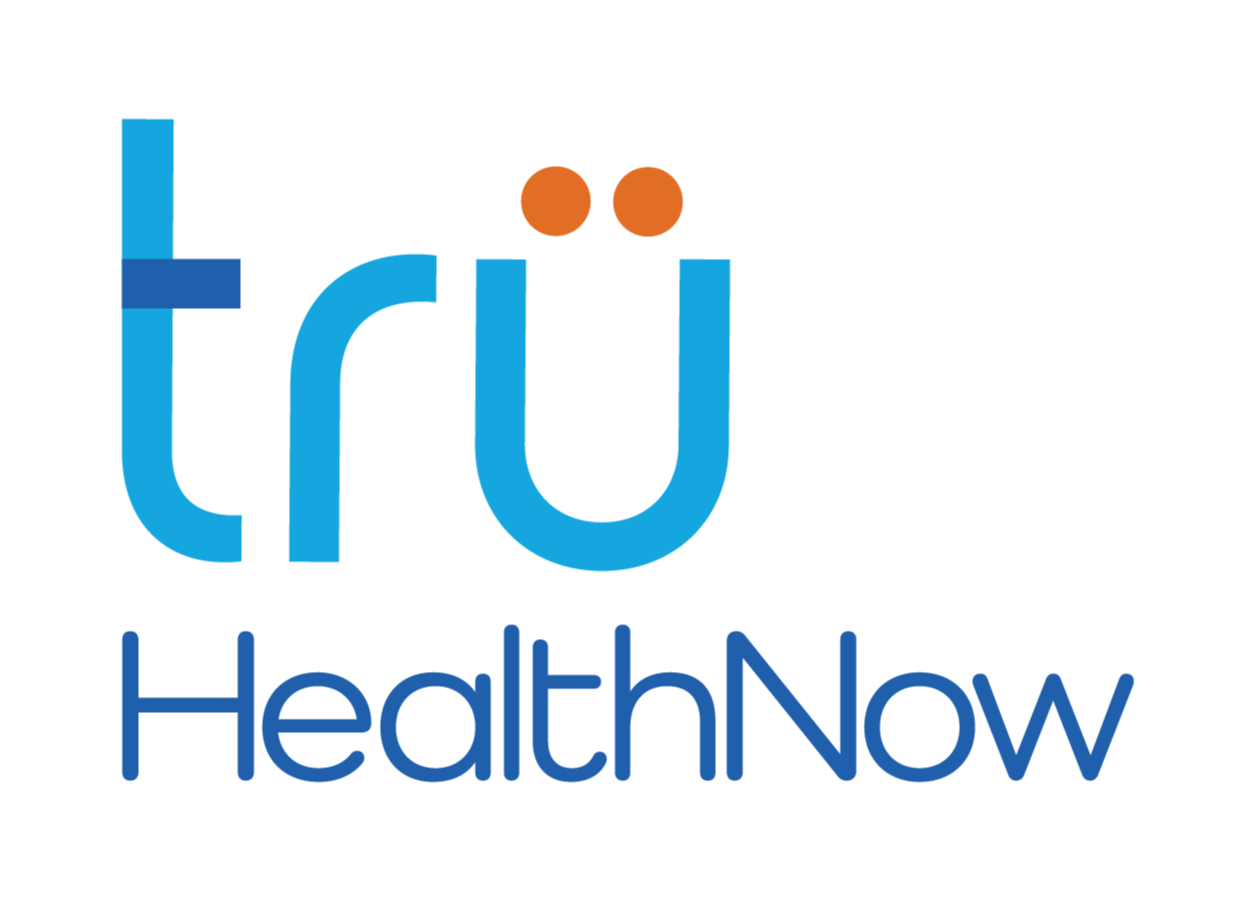
High Blood Pressure
High blood pressure, also known as hypertension, usually doesn't produce any symptoms. However, this specific issue can enhance the risk of several health conditions like stroke and heart issues. If you are dealing with high blood pressure problem, you should pay attention to lifestyle choices and medication to fix it.
What is High Blood Pressure?
High blood pressure or hypertension is a common issue that can affect the arteries of the body.
It is characterized by increased pressure in the blood vessels, which can significantly strain the heart and other organs in the body. Blood pressure is considered high when it consistently measures 130/80 mmHg or higher.
In addition, if high blood pressure issue is left uncontrolled, it may lead to severe health complications. The American Heart Association and The American Cardiology College device blood pressure into four main types, including:
- Elevated blood pressure- high blood pressure ranges from 120to 129 mm Hg, and the lowest number ranges between 80 and 89 mm Hg
- Normal blood pressure- blood pressure can be 120/80 or lower
- Stage 1 hypertension- the maximum number is 130-139 mm Hg, and the lower number ranges from 80 to 89 mm Hg
- Stage 2 hypertension- The top number can be 140 mm Hg or more. The bottom number is 90 mm Hg or more.
Further, if a person's blood pressure is higher than 180/120 mm Hg, it is a hypertensive crisis or emergency. In this situation, people need medical help immediately to control their blood levels. The reason is that if you don't get treatment for it, then it can cause several risks associated with your health.
Common Causes of High Blood Pressure
When certain changes occur in the human body, it can be the reason for high blood pressure problems. In addition, there are a lot of diseases that lead to hypertension, such as:
- Amputation
- Kidney failure
- Heart attack or failure
- Stroke
- Obstructive sleep apnea
- Thyroid issues
- Adrenal gland tumors
- Obesity
- Some chronic problems in the blood vessels of a person
Reasons that May Enhance the High Blood Pressure Risk
There are several risk factors that can cause hypertension or high blood pressure, such as:
Age
Age is one of the greatest risks that can increase the risk of hypertension in humans. Over age, people have to deal with several health-related issues, including high blood pressure. The reason is that flexibility decreases as the age of a person increases.
In addition, according to data, males are more likely to have hypertension than women until the age of 64. On the other hand, females are more likely to face the issue of high blood pressure at the age of 65 or more.
Overweight and Obesity
Getting high blood pressure is high for those who are overweight and obese. Therefore, it is advisable that in order to reduce the risk of hypertension, you should lose weight.
Smoking
When a person smokes, their blood pressure increases while the blood pressure vessels narrow. In addition, the oxygen content of the blood can be reduced due to smoking, which leads to a faster heart pump.
Diet
An inappropriate diet may be the reason for occurring high blood pressure problems in humans. In simple words, food that is high in unsaturated salt and fat can enhance the risk of hypertension.
Mental Stress
Stress and depression have a serious impact on blood pressure; as a result, the problem of hypertension will occur because of both psychosocial and socioeconomic factors.
Pregnancy
A pregnant woman is more likely to get hypertension because of hormonal changes in the body. Further, high blood pressure is also a preeclampsia symptom which is a serious placental disorder.
Symptoms of Hypertension
There are a number of signs and symptoms that may indicate high blood pressure. Although many people with the condition may not experience any symptoms, that's why a lot of people usually call it a silent killer.
Further, once the blood pressure of a person reaches 180/120 mm Hg, it will become a hypertensive crisis, and in this situation medical emergency is necessary. There are many common symptoms that one can feel, such as:
- Nausea
- Vomiting
- Dizziness
- Headache
- Chest pain
- Blurred vision
- Breathlessness
However, the only way to know for sure whether you have high blood pressure is to have your blood pressure checked regularly by a healthcare professional. In general, a healthy blood pressure reading is considered to be around 120/80 mmHg or lower. If your blood pressure consistently measures above this level, you may be diagnosed with hypertension.
Sign up for our newsletter






%201.png)
